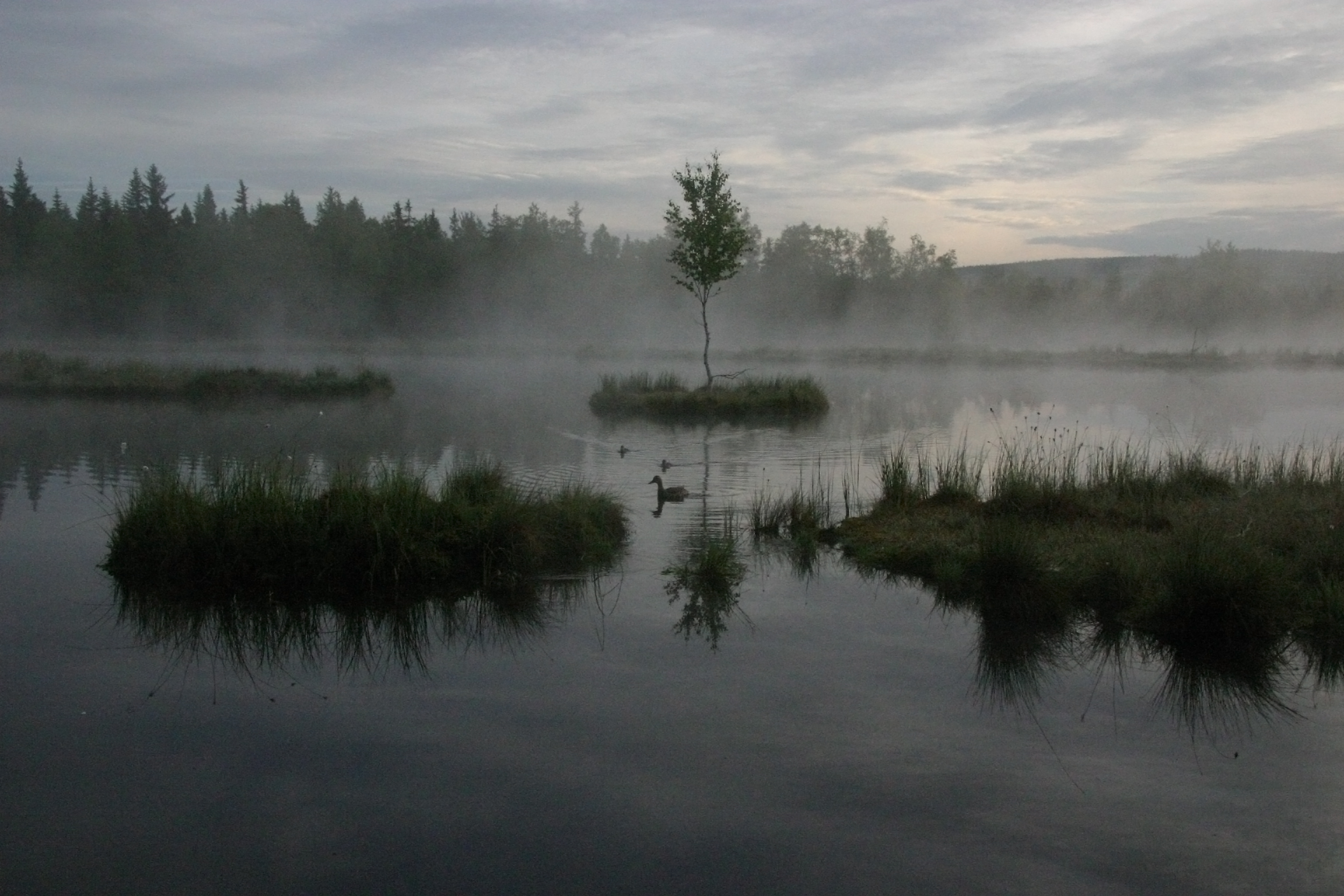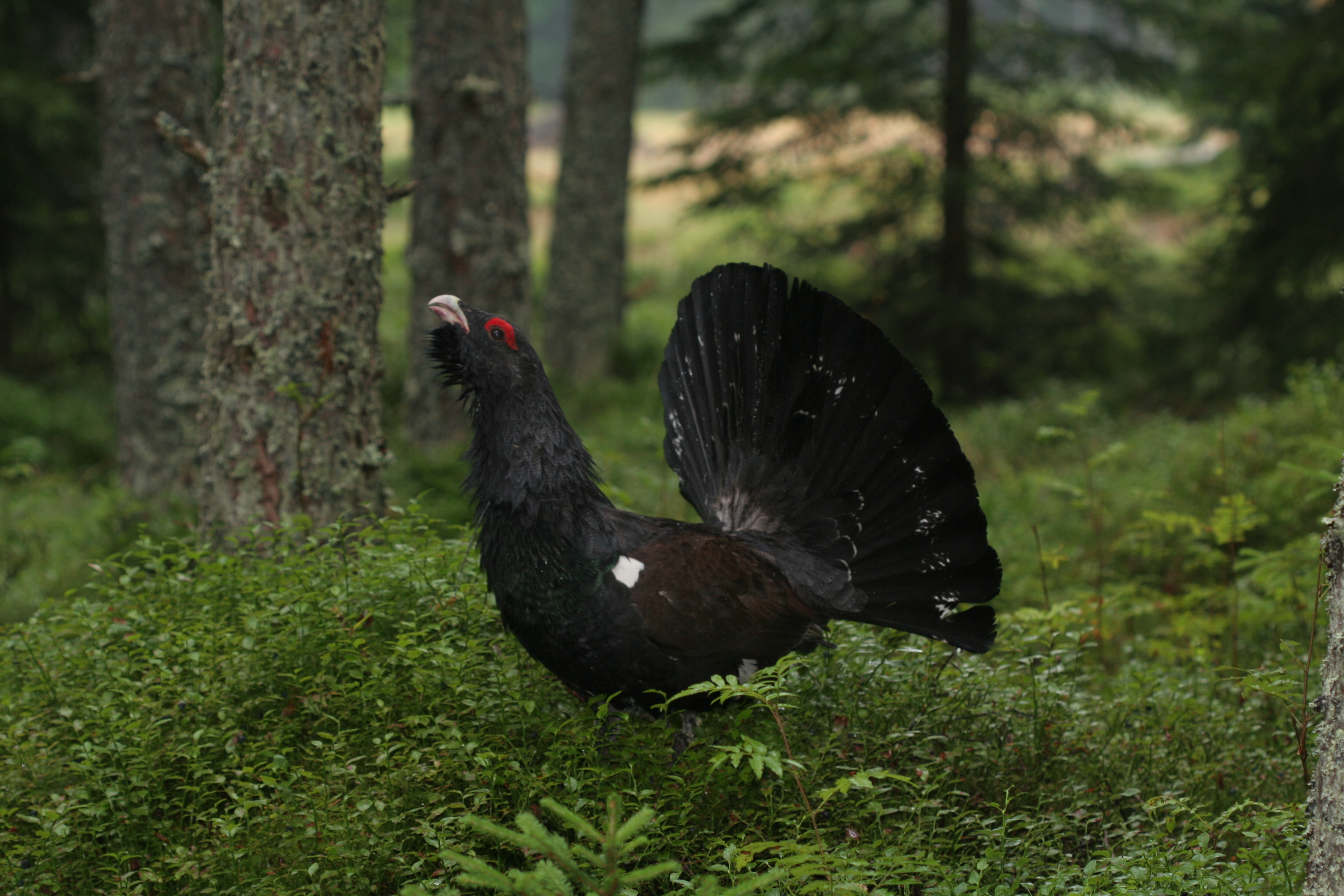The management of mountain forest habitats in N2000 sites: Networking Seminar
Zhůří near Keply, Šumava National Park (CZ) © Štěpán Rosenkranz
The management of mountain forest habitat types in Natura 2000 sites: experience and case studies from the Continental Biogeographical region
The Natura 2000 Biogeographical Process
Date: 7–9 November 2017
Location: Šumava National Park, Czech Republic
In the course of recent years, the management of mountain forest habitat types has become a more challenging priority for managing authorities at European level. In particular, in the Continental region, managers are being confronted with several issues, mainly related to bark beetle infestations, water regime maintenance, and restoration and, in many cases, also the need to plan and structure cross border cooperation regimes. In addition, considering that significant parts of mountain areas are also designated by national legislation for the protection of natural processes, this adds more complexities for harmonizing plans, setting conservation objectives and for the implementation of conservation measures.
This seminar is proposed as a networking event that brings forward the discussion started in the course of the Continental Biogeographical Seminar that took place in Luxemburg in June 2015.

Peat pond – Borová Lada, Svinná Lada, Chalupská slať – Sumava National Park
Outline of the Networking Event
EUROPARC, in cooperation with the Šumava National Park (CZ), and with the support of the EUROPARC Central Eastern Europe Section, will organise a Networking Seminar to address issues related with the management of Mountain Forest Habitats in the Continental Region.
The two days seminar, addressed to managers, experts and authorities with responsibilities for site management, will give the opportunity to exchange practical experience in management of mountain forests as part of Natura 2000 sites. New scientific findings will be presented, contributing to improve the understanding of natural processes in mountain forests in the Continental region.
The long-lasting experience of the Šumava National Park in the management of Mountain forest, together with the fruitful cross border cooperation established with the Bavarian Forest National Park (Germany), will offer an important baseline for a constructive learning exchange among participants. During the course of the seminar, case studies will be presented focusing on:
- restoration of water regime,
- bark beetle management,
- nature based forest management
- and the impact of those measures on Natura 2000 sites and their targets.
A site visit to the Bohemian forest will contribute to maintaining a strong connection between theory and practice for the effective management of mountain forest habitats.
Due to logistics reasons, the Seminar will be open for a maximum of 40 participants.
Register here
Mountain Forest Habitats_Full Programme

The western capercaillie (Tetrao urogallus)
is seriously threatened by habitat degradation, particularly conversion of diverse native forest into often single-species timber plantations. The population that lives in the Sumava National Park (CZ) represents one of the few larger Capercaillie populations residing in medium altitude mountains in central Europe
Photo by Marek Drha, Sumava National Park (CZ)
Provisional Agenda
Tuesday 7. 11. 2017
- 15:00 – 16:00 Registration
- 16:00 – 18:00 Welcome to the Šumava National Park (introduction to the seminar goals, introductory presentations, clarification of expectations from participants)
- 19:00 – 20:00 Dinner
- 20:00 – 22:00 Social evening
Wednesday 8. 11. 2017
- 7:30 – 8:30 Breakfast
- 9:00 – 9:15 Introduction of the Natura 2000 Biogeographical Seminar Process – EUROPARC Federation
- 9:15 – 11:00 Implementation of Natura 2000 in mountain areas in different countries, moderated by Michael Hošek (EUROPARC)
- 11:00 – 11:30 Coffee break
- 11:15 – 13:00 Forest management and its impact on Natura 2000, moderated by Martin Starý (Šumava NP)
- 13:00 – 14:00 Lunch break
- 14:00 – 15:45 Wetlands and restoration measures, moderated by Ivana Bufková (Šumava NP)
- 15:45 – 16:30 Conclusions
- 17:00 – 19:00 Visit of the Visitor Center with wolf enclosures
- 19:00 – 20:00 Dinner
- 20:00 – 22:00 Social evening
Thursday 9. 11. 2017
- 7:30 – 8:30 Breakfast
- 9:00 – 12:30 Field trip: Bark beetle management 10 years after the Windstorm Kyrill
- 13:00 – 14:00 Lunch break
- Farewell coffee and departure of participants
Venue
Center of Environmental Education – Horská Kvilda (CEE), Šumava NP, Horská Kvilda 2, 385 01 Vimperk, GPS: 49.058193, 13.557677
Accommodation
The event is free of charge, but participants are asked to cover their travel costs to the venue.
The Sumava National park is pleased to offer accommodation in the environmental education centre of Horska Kvilda, in shared rooms.
For those preferring single rooms, we recommend you contact the following hotels: Pension Hones or http://uryplu.sumava.net/uryplu/default.asp or http://www.horskakvilda.cz/celorocni-ubytovani.html
Please indicate your preference when registering, and note that hotel rooms are at the own charge of participants.
How to get there
By plane Prague Airport (Letiště Václava Havla) or Munich Airport.
By train Plattling Hbh, Bayerisch Eisenstein,
By car Horská Kvilda 2, GPS: 49.058193, 13.557677
For additional information please contact Martin Starý martin.stary@npsumava.cz; +420 731 530 474#
organised by:
